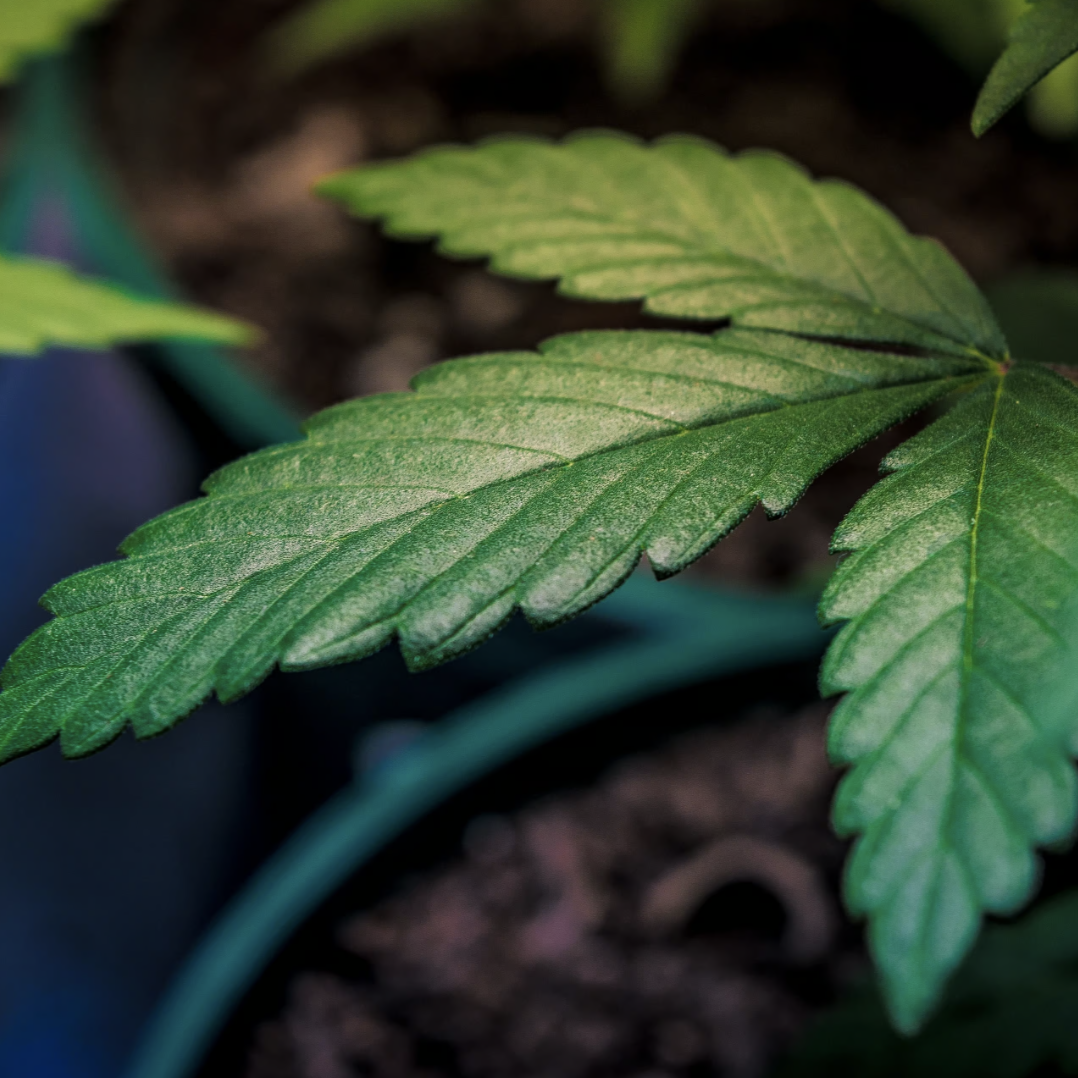
Cannabinoids in medical marijuana can both increase the efficacy of chemotherapy drugs and also minimize the often uncomfortable side-effects of conventional cancer treatment, according to a new scientific review of available evidence.
The 23-page paper, published online this month in the journal Pharmacology & Therapeutics, assesses a range of clinical and preclinical findings that “mainly relate to combination treatments for glioblastoma, hematological malignancies and breast cancer, but also for other cancer types. To summarize, the data available to date raise the prospect that cannabinoids may increase the efficacy of chemotherapeutic agents while reducing their side effects.”
Overall, while the interactions between cannabinoids and chemotherapeutics “constitute a complex subject with many yet unknown variables,” the study says, there are “two important therapy-relevant aspects of the interaction between cannabinoids and chemotherapeutic agents that could potentially benefit cancer patients: firstly, the systemic potentiation of chemotherapeutics by cannabinoids, primarily leading to an extension of life by overcoming therapy resistance and secondly, the reduction of chemotherapy-induced side effects.”
“In addition to this well-known antiemetic effect of cannabinoids,” the report adds, “an increasing number of preclinical studies discussed in this review have shown in recent years that cannabinoids can also have a positive effect on other side effects of chemotherapy, such as chemotherapy-induced peripheral neuropathy (CIPN), nephrotoxicity, cardiotoxicity, cystitis and mucositis.”
While the report deals in less depth with other cancer-related symptoms, it notes that cannabinoids are also administered to relieve cancer-related chronic pain.








